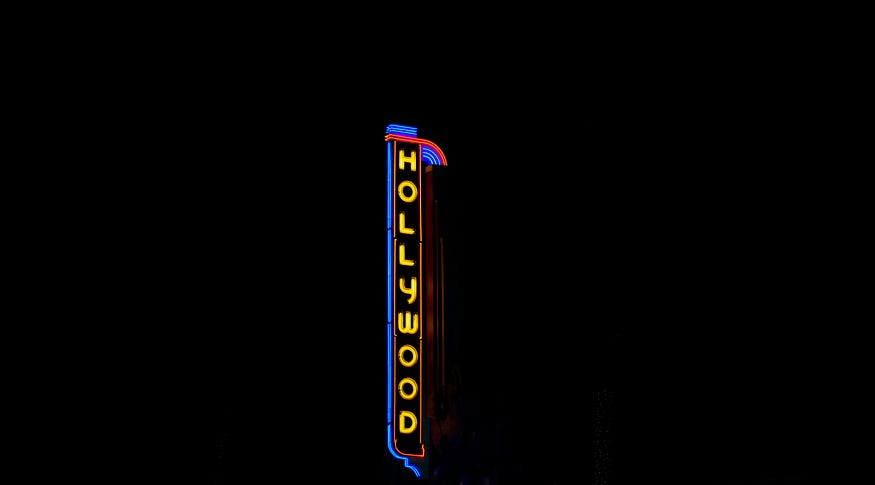
The film industry is no stranger to technological disruption, from the advent of sound to the rise of digital effects. However, the rapid advancements in artificial intelligence are ushering in a new era of moviemaking that’s more profound than any previous shift. AI is not just another tool in the filmmaker’s arsenal; it’s a paradigm-altering force that’s redefining the very nature of cinematic storytelling.
In recent weeks, a flurry of AI-powered breakthroughs have sent shockwaves through Hollywood. From AI-generated Coca-Cola ads to powerful new video editing tools, the potential applications are both exciting and unsettling. As studios and creatives grapple with these changes, it’s clear that AI is here to stay — and its impact will only grow in the coming years.
Advertising Embraces AI Artistry
One of the most visible signs of AI’s growing influence is in the world of advertising. Coca-Cola recently made headlines by partnering with AI studios to create a series of holiday commercials that reimagine their classic 1995 ad. By leveraging tools like Stable Diffusion, ChatGPT and Midjourney, the team was able to generate a staggering 110 versions of the ad, customized for 27 different markets.
Coca Cola — Holidays Are Coming
This ability to rapidly produce market-specific variations is a game-changer for advertisers. Traditionally, shooting dozens of unique commercials would be prohibitively expensive and time-consuming. But with AI, it’s now possible to tailor ads for different audiences in the post-production process. As more brands wake up to this potential, we can expect to see an explosion of AI-generated content flooding the airwaves.
Empowering Indie Filmmakers
While AI is being embraced by major studios and advertisers, some of the most exciting developments are happening at the grassroots level. A new crop of AI-powered tools is putting unprecedented creative power in the hands of indie filmmakers and content creators.
Take Runway’s video-to-video tool, which can now generate 20-second clips from simple text prompts. Or Viggle, which allows users to seamlessly replace multiple characters in a scene. These tools are democratizing access to high-end visual effects and opening up new storytelling possibilities for filmmakers working on shoestring budgets.
Of course, not everyone in the industry is thrilled about the rise of AI. Many creatives worry that it will lead to job losses and a homogenization of content. There are also valid concerns around deepfakes and the potential for AI to be used for misinformation. As with any disruptive technology, there will be challenges and unintended consequences to navigate.
Reframing the Future
Perhaps the most mind-bending AI breakthrough of recent weeks is DimensionX, a tool that allows users to change camera angles and movements in post-production. With DimensionX, filmmakers can create dynamic orbiting shots and dramatic zooms from a single static image. Suddenly, the idea of “fixing it in post” takes on a whole new meaning.
Tools like this hint at a future where the line between production and post-production is increasingly blurred. Directors will be able to make creative decisions long after the cameras stop rolling. Actors may find themselves “performing” in fully synthetic environments. The very grammar of film language will evolve as AI redefines what’s possible.
Looking Ahead
As we stand on the cusp of this AI-powered future, one thing is certain: the old rules no longer apply. Hollywood must adapt and evolve, or risk being left behind. Studios will need to rethink their production pipelines and business models. Creatives will need to embrace new tools and techniques. Audiences will need to expand their conceptions of what a “film” can be.
The road ahead is sure to be bumpy, with plenty of missteps and growing pains along the way. But for those who are willing to experiment and innovate, the possibilities are truly endless. AI is not just changing the way films are made; it’s redefining the art form itself. Welcome to the future of cinema — it’s going to be a wild ride.



